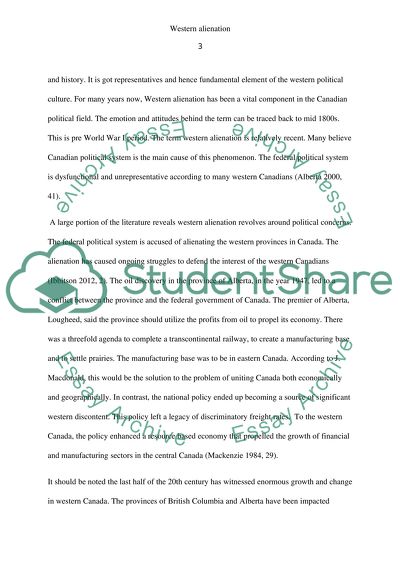Cite this document
(“Western Alienation in Canadian Politics Essay Example | Topics and Well Written Essays - 3250 words”, n.d.)
Western Alienation in Canadian Politics Essay Example | Topics and Well Written Essays - 3250 words. Retrieved from https://studentshare.org/history/1402215-present-western-canadian-alienation-is-rooted-in
Western Alienation in Canadian Politics Essay Example | Topics and Well Written Essays - 3250 words. Retrieved from https://studentshare.org/history/1402215-present-western-canadian-alienation-is-rooted-in
(Western Alienation in Canadian Politics Essay Example | Topics and Well Written Essays - 3250 Words)
Western Alienation in Canadian Politics Essay Example | Topics and Well Written Essays - 3250 Words. https://studentshare.org/history/1402215-present-western-canadian-alienation-is-rooted-in.
Western Alienation in Canadian Politics Essay Example | Topics and Well Written Essays - 3250 Words. https://studentshare.org/history/1402215-present-western-canadian-alienation-is-rooted-in.
“Western Alienation in Canadian Politics Essay Example | Topics and Well Written Essays - 3250 Words”, n.d. https://studentshare.org/history/1402215-present-western-canadian-alienation-is-rooted-in.


